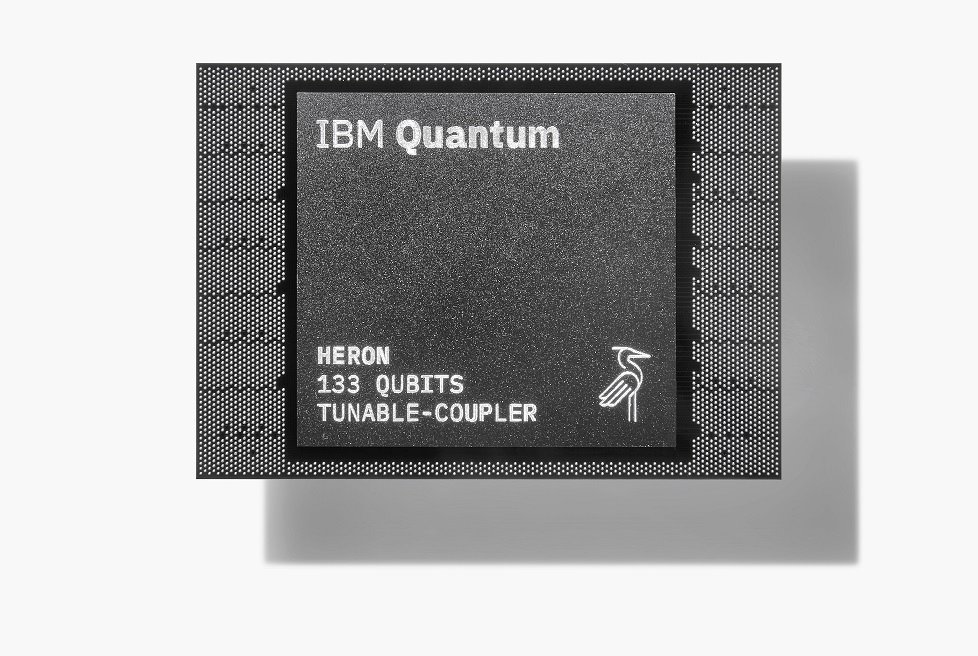Quantum processors are an emerging technology that makes use of the enigmatic and fascinating principles of quantum mechanics.
Whereas traditional computers process information using bits, which can be only 0 or 1, quantum processors employ qubits, which can exist simultaneously in states of 0, 1, or a superposition of both. This unique feature gives quantum computers extraordinary computing power, enabling them to process huge amounts of data in the blink of an eye.
The impact of this technology could be transformative in various fields. Imagine being able to simulate molecular interactions with unprecedented precision, accelerating the discovery of new drugs, or solving optimization problems that currently require impractical computing time. Quantum processors could also lead to a revolution in cryptography, making current security systems obsolete and pushing toward the development of new, future-proof cryptographic methods.
The potential to significantly accelerate the development of artificial intelligence algorithms opens up exciting scenarios and, at the same time, unprecedented challenges.
Despite the exciting prospects, quantum processors are still at an early stage of development. Key challenges include the stability of the qubits, which are extremely sensitive to any form of environmental disturbance. This post explores this cutting-edge technology in depth, discussing both its revolutionary potential and the challenges that still need to be overcome before quantum computers can become an everyday reality. Welcome to the quantum age: a fascinating journey into the future of computing.

Innovations and Positive Impacts
Computational Speed and Medical Innovations
Quantum processors offer unimaginable computational speed compared to traditional computers. This means they could revolutionize the field of medical research, enabling the simulation of complex biological processes and accelerating the development of new drugs. For the ordinary user, this could translate into more effective and personalized therapies, reducing the waiting time for innovative treatments.
Optimization in Logistics and Everyday Life
Optimization problems, such as calculating the fastest route for a trip or efficiently organizing a supply chain, could be solved almost instantly. This will result in significant improvement in the day-to-day management of public transportation, package delivery, and even personal organization of trips and itineraries.
Advanced Artificial Intelligence
With quantum processors, artificial intelligence algorithms can become faster and more sophisticated, leading to more intuitive and personalized virtual assistance systems, improving the user experience in areas such as e-commerce, online education, and remote health care.
Possible Risks and Challenges
Security and Encryption
One of the most significant risks associated with quantum processors relates to cybersecurity. Their ability to break current encryption systems could expose personal and sensitive data, requiring rapid development of new quantum-resistant encryption techniques. This presents a challenge not only for companies but also for ordinary users, who will have to adapt to new security standards.
Accessibility and Technology Gap
Another concern is the accessibility of this technology. Quantum computers require significant investment and specialized skills, which could widen the technology gap between those who can afford them and those who cannot. This could lead to a society in which only certain organizations or individuals have access to this powerful technology, creating new forms of inequality.
Ethical and Social Implications
Finally, as artificial intelligence advances thanks to quantum computers, ethical and social issues emerge. This includes the potential loss of jobs in areas that could be automated and concerns about data privacy and control.

Latest Updates
The latest news in the field of quantum processors is quite exciting, with IBM in particular emerging as a key player in this area. This company recently announced major advances in quantum computers, with the launch of new generations of quantum processors and an expanded roadmap for future development.
One of the most significant developments is the launch of the IBM Quantum System Two, which is expected to house IBM’s future generations of quantum processors. This system is designed to gradually improve the quality of executable operations, thereby increasing the complexity and size of the workloads it can handle. This represents a significant step toward the practical implementation of quantum computing in various fields.
IBM has also announced developments in its software stack with the introduction of Qiskit 1.0, which marks a turning point in terms of stability and speed in quantum software programming. This is especially relevant because it makes it easier for developers to create code for quantum computers. With the introduction of Qiskit Patterns, IBM aims to further democratize the development of quantum computing by providing tools that facilitate the mapping of classical problems into quantum circuits and their execution.
These tools include predefined building blocks that simplify the creation and execution of quantum algorithms, integrating classical and quantum computing in different environments, such as the cloud or on-premise systems.
Finally, IBM is also pioneering the use of generative artificial intelligence for programming quantum code. IBM’s enterprise AI platform, WatsonX, will be integrated to automate quantum code development for Qiskit, through the IBM Granite model series. This approach not only accelerates the development of quantum applications but also opens the way to new possibilities in the field of artificial intelligence.
Conclusion
The latest announcements from IBM are a clear example of how the field of quantum computing is rapidly evolving, bringing closer the time when these technologies will have a tangible impact on our daily lives.
IBM, with its IBM Quantum System Two, is pushing the boundaries of what is possible in quantum computing. This advanced system not only improves the quality and capability of operations that can be performed by quantum processors, but is also designed to accommodate future generations of these processors. This suggests a long-term vision for quantum computing, with the potential to handle increasingly complex workloads.
Another key aspect is the improvement in the accessibility and ease of programming quantum software. With Qiskit 1.0 and Qiskit Patterns, IBM is making it easier for developers worldwide to approach the quantum world. These tools, combined with the use of generative artificial intelligence through the WatsonX platform, promise to accelerate the development of quantum code, making these technologies more accessible and usable in a variety of scenarios, both in the cloud and on-premises.
These developments underscore the importance of a proactive and informed approach to navigating the era of quantum computing. As we approach an era when quantum computing could become an integral part of everyday life, it becomes essential for developers, regulators, and end users to understand these technologies, responsibly addressing both their promise and potential risks. In this way, we can ensure that we make the most of the benefits offered by quantum computing, while minimizing the risks and ensuring that its impact is positive for society as a whole.






